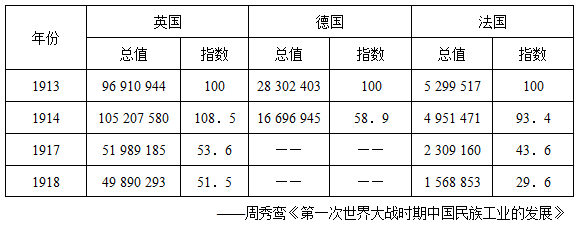阅读短文,选择正确答案。
Like many people, I have no clear idea about heroes. At some point, we all wonder if we need a hero and
what a hero really is.
Although there are a lot of differences in cultures, heroes around the world generally share a number of
characteristics (特点) which give us courage and make us want to learn from them.
A hero does something worth talking about. A hero has a special story to tell and people think highly of it. But
a hero is not just the person with great fame (声誉) .
A hero has powers (力量) larger than himself. Some people want to live like a hero, and they have to
experience life with new and further meaning. A sure test for would-be heroes is what or whom they serve.
What do they want to live and die for? If the answer suggests they serve only their own fame, they may be
famous persons but not heroes.
A hero has a vision from the mountaintop. He has the power to move people. He creates new possibilities.
Without Gandhi, India might still be part of Britain. Without Martin Luther King, Jr., Americans might take
different buses, eat in different restaurants, go for walks in different parks, and shop in different stores because
of the different colours of their skin.
There might be changes in society without a hero, but the speed of change would be rather slow. Thanks to
heroes in history, they make the society develop so rapidly.
1. According to this passage, a hero is a person who always _______. [ ]
A. gives us courage
B. thinks highly of others
C. shares great fame
D. stands on the mountaintop
2. If you want to live like a hero, you should _______. [ ]
A. experience a new and meaningful life
B. listen to something worth talking about
C. serve your own fame and try to be famous
D. know where and how you want to live and die
3. The underlined word "vision" in the passage means "_______". [ ]
A. 风景
B. 想象
C. 远见
D. 形象
4. Black people in America used to _______ before Martin Luther King, Jr.. [ ]
A. shop at the white's stores
B. drive buses with the white
C. take walks in the white's parks
D. eat in restaurants without the white
5. What can we learn from the passage? [ ]
A. We don't need heroes anymore at some point now.
B. Heroes are all the same though different in cultures.
C. People get power from heroes to move to a new place.
D. Our society has developed faster because of heroes in history.
1. A 2. A 3. C 4. D 5. D

